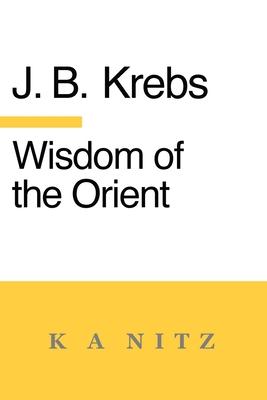The mystical wisdom of the Near East and Christianity is revealed in a series of parables featuring Zoroaster, Pythagoras, and John the Baptist.
"You want to be free and have free will, and the free powers should direct themselves according to your moods, your sensual striving and needs. You think to the creature is given freedom, whereas it finds itself momentarily in the greatest restriction. Hunger forces you to eat, tiredness demands sleep from you. The external sensory human is subject to the powers of nature; he has no freedom, he can only wish. The truly human powers by contrast are belief, hope, and love, hunger and thirst for knowledge, the flight of fantasy, desire for a spiritually higher life. These are powers which act through themselves, which are not to be commanded, and which, if you attempt to model them according to your own arbitrary ideas, turn against us to our detriment."
